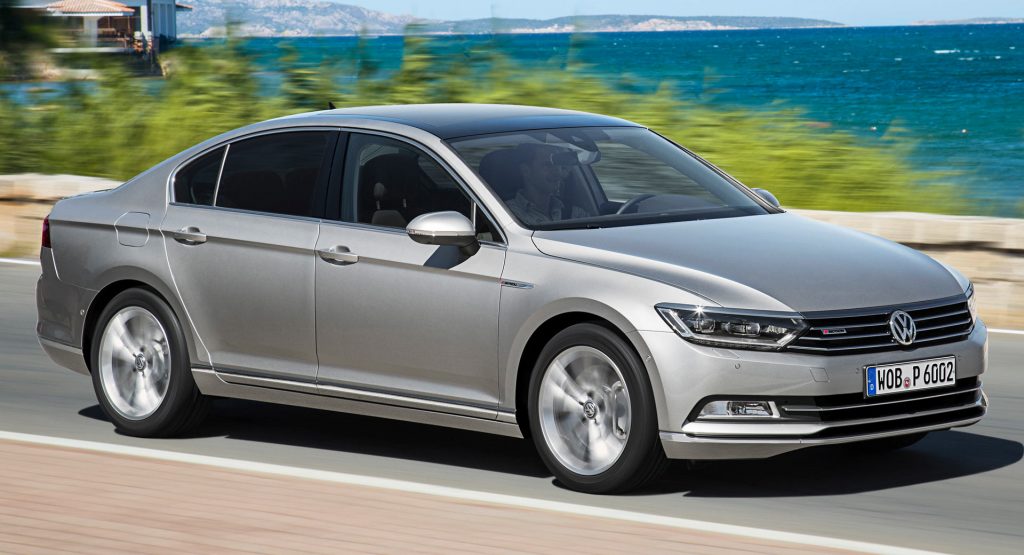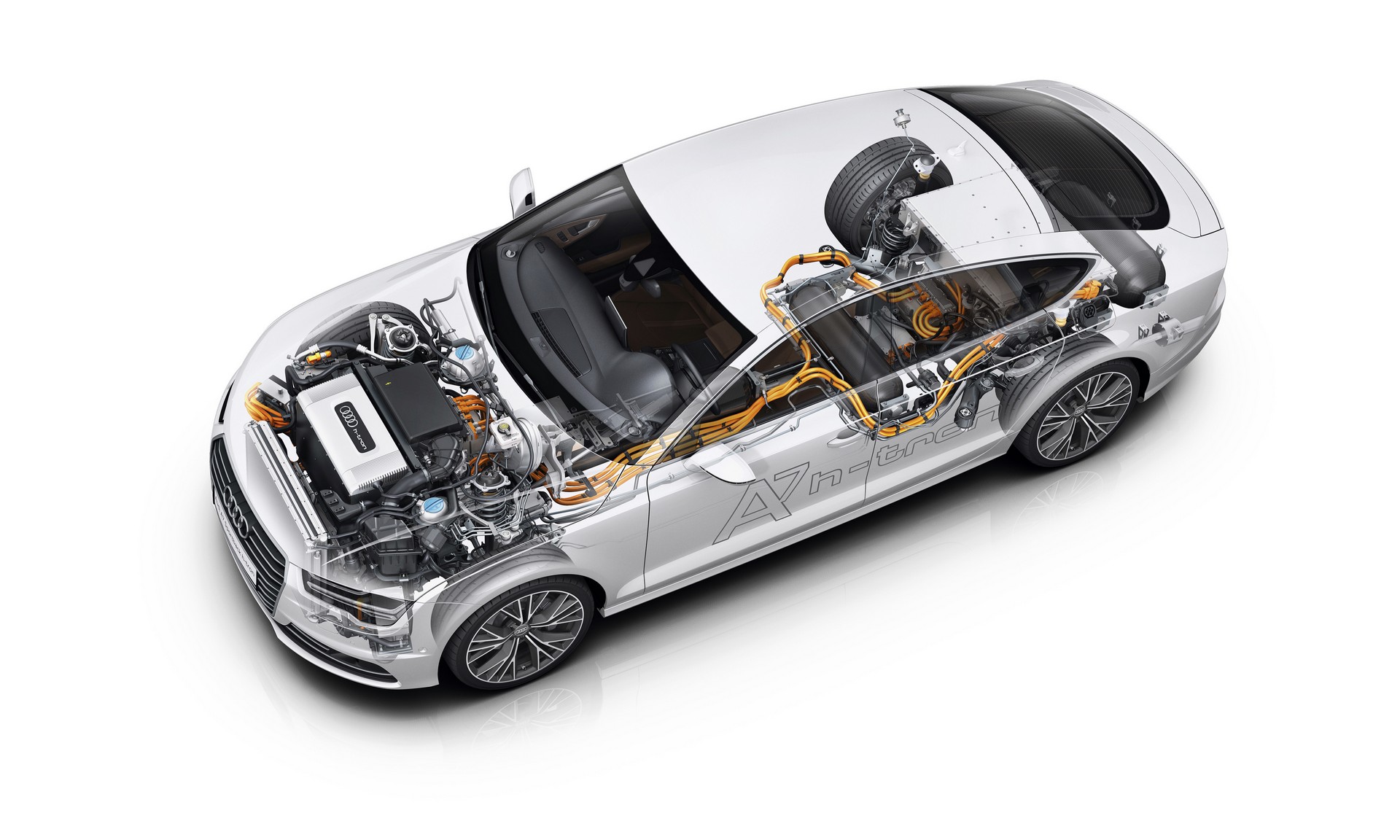The Volkswagen Group is investing billions into electric vehicles such as Audi E-Tron, Porsche Taycan and VW ID family. Given this massive investment, it’s a bit surprising that the company has admitted fuel cells have “great potential” for emission-free mobility and offer “significant” advantages over electric vehicles.
These advantages can largely been seen when it comes time to recharge / refuel. While electric vehicles can take hours to charge, refueling a fuel cell vehicle can be done in a matter of minutes.
Of course, fuel cells also have their downsides and Volkswagen notes they have a “comparatively high cost.” However, the company is working to lower prices thanks to a partnership with Stanford University.
The partnership is already paying off as the two entities have developed a new process where “platinum atoms are precisely placed on a carbon surface in order to produce extremely thin particles.” That might not sound too exciting to non-scientists, but Volkswagen says the process reduces the amount of platinum required, increases the catalyst’s durability and “increases the efficiency of the catalyst by a factor of three compared to current technology.”
That’s a bit technical, but fuel cells require platinum to act as a catalyst. However, current processes aren’t very efficient so a large portion of the platinum is wasted. As a result, fuel cell vehicles cost significantly more than their mainstream counterparts.
As Stanford University Professor Friedrich Prinz explained, “This technology opens up enormous possibilities for cost reduction, as the amount of precious metal used is minimized. At the same time, service life and catalyst performance are increased.”
Despite the breakthrough, Volkswagen cautioned researchers now have to bring the new process to industrial-scale production. However, the company noted the potential cost savings could make fuel cells a “real alternative to battery-powered drives and the classic combustion engine.”





